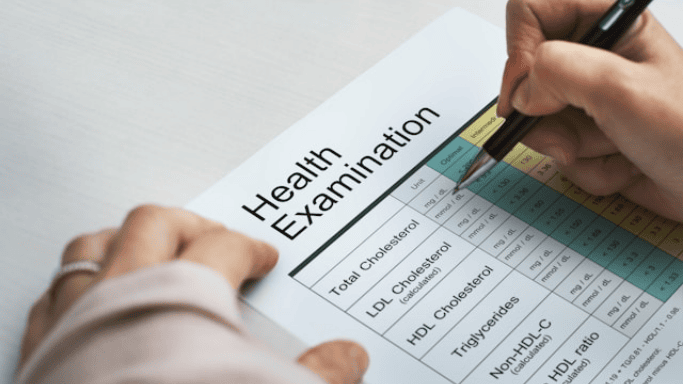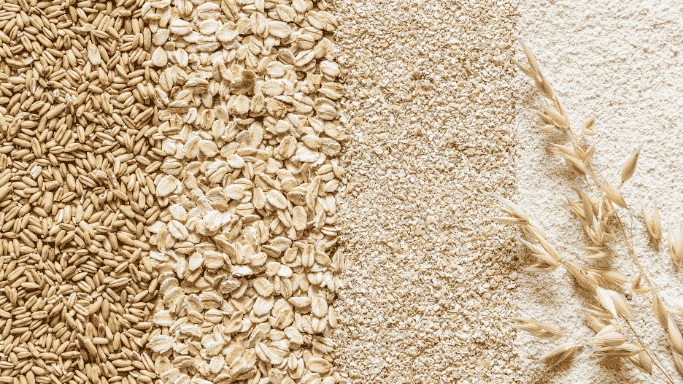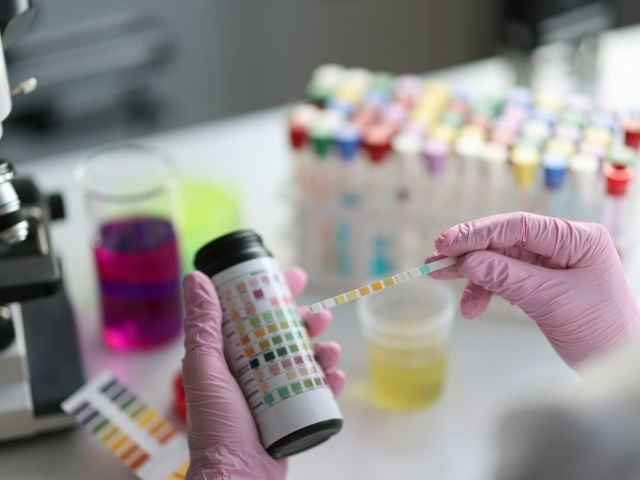
Is Niacin Good for Your Heart? New Studies Show Hidden Risks
For decades, doctors recommended niacin supplements to patients struggling with high cholesterol. This B vitamin seemed like a perfect solution for heart health.
Recent research tells a different story. Scientists now know that excess niacin may increase cardiovascular disease risk. It works through hidden inflammatory pathways.
Key Takeaways
- 1 in 4 Americans has excess niacin levels that double their heart disease risk
- Excess niacin creates toxic metabolites that trigger dangerous blood vessel inflammation
- Food fortification and supplements often cause niacin overload without people realizing it
- High-dose niacin therapy failed in trials because inflammatory effects canceled cholesterol benefits
The Surprising Discovery About Niacin and Heart Disease

A 2024 study published in Nature Medicine revealed shocking news about vitamin B3. About one in four Americans has excess niacin levels that double their risk of heart attack and stroke.1
This puts their risk of heart disease at levels similar to people with diabetes.
The problem isn’t niacin itself. The issue lies in what happens when your body processes too much of this vitamin.
When Good Vitamins Go Bad
Your body only needs small amounts of niacin to function properly. When you consume more than needed, your system breaks down the excess into compounds called 4PY and 2PY.
These metabolites are where the real danger begins.
People with the highest levels of these breakdown products had a 1.6 to 2 times higher risk of major cardiac events over three years. That’s compared to those with the lowest levels.
How Excess Niacin Triggers Cardiovascular Problems

The primary way that too much niacin harms your heart involves something called 4PY-mediated vascular inflammation.
Here’s what happens in your blood vessels when 4PY levels get too high:
- 4PY triggers production of VCAM-1 on blood vessel walls
- VCAM-1 helps white blood cells stick to your arteries
- These immune cells then infiltrate arterial tissue
- This process contributes to plaque formation
- Chronic vascular inflammation damages blood vessels over time
Research shows that 4PY directly causes inflammatory cells to stick to blood vessel walls in laboratory studies.2
Your Genes Matter Too
Some people face a higher risk based on their genetics. Scientists found variants in the ACMSD gene that affect how your body processes niacin.
More than half the population carries these genetic variants. If you have them, you produce more of the harmful 4PY metabolites when consuming excess niacin.
The Cleveland Clinic Study Results

Cleveland Clinic researchers led this important discovery about niacin and inflammation. Dr. Stanley Hazen and his team analyzed blood samples from over 3,000 people.3
They tracked participants for three years to see who developed heart problems.
The results were clear. People with the highest 4PY levels had double the risk of heart attack, stroke, or death compared to those with the lowest levels.
The Numbers Don’t Lie
The study found that 25% of Americans have excess niacin levels. These individuals face significantly higher cardiovascular disease risk without knowing it.
This research helps explain why niacin therapy often failed in clinical trials, despite improving cholesterol numbers.
Why High Cholesterol Treatments With Niacin Failed

For years, doctors prescribed high-dose niacin to lower LDL cholesterol and raise HDL levels. The results looked promising on paper.
But major clinical trials told a different story4:
- The AIM-HIGH trial showed no cardiovascular benefit4
- The HPS2-THRIVE study found niacin increased stroke risk by 78%4
- Patients experienced more diabetes, infections, and stomach problems
- Despite better cholesterol profiles, people didn’t live longer
These studies puzzled researchers for years. Now we understand why.
The Hidden Inflammation Problem
While niacin was lowering cholesterol, it was simultaneously creating inflammatory metabolites. The 4PY compounds were triggering vascular inflammation that counteracted any cholesterol benefits.
This explains the “niacin paradox” that confused doctors for decades.
Hidden Sources of Vitamin B3 Overload

Most Americans get excess niacin without realizing it. The problem comes from multiple sources working together.
Food Fortification Since the 1940s
The United States mandates niacin fortification in common foods like flour, cereals, rice, and oats. This policy successfully eliminated pellagra, a niacin deficiency disease.
But now this mandatory fortification may contribute to excess intake in many people.
Supplement Overuse
Many Americans take niacin-containing supplements, believing more vitamins equal better health. Over-the-counter niacin supplements often contain 100 to 1,000mg per dose.
Your daily requirement is only 14-16mg.
Dr. Hazen compares niacin intake to “multiple taps pouring water into a bucket.” Once your body’s needs are met, the excess “spills over” into harmful metabolites.
Inflammation and Cellular Health

Chronic inflammation damages your cardiovascular system at the cellular level. When 4PY triggers inflammatory pathways, it accelerates the aging process in your blood vessels.
This type of cellular damage affects your overall healthspan, not just your heart.
Supporting your body’s natural anti-inflammatory processes becomes even more important when facing hidden inflammatory triggers like excess niacin.
Testing Your Inflammatory Status
Understanding your body’s inflammatory burden can help guide better health decisions. Advanced biomarker testing can reveal hidden inflammation before it causes obvious symptoms.
Jinfiniti’s AgingSOS Advanced Panel measures 22 biomarkers, including inflammatory markers that affect cardiovascular health.
What This Means for Your Heart Health

This research changes how we think about B vitamin supplementation. More isn’t always better, especially with widespread food fortification.
Practical Steps You Can Take
Avoid unnecessary niacin supplements unless your doctor specifically recommends them. Most people get adequate niacin from diet alone.
Focus on supporting your body’s natural cellular repair processes instead of adding more vitamins.
Consider testing your inflammatory status to understand your current cardiovascular risk profile.
The Role of NAD+ in Heart Health
Interestingly, while excess niacin may increase heart disease risk, your body still needs adequate levels to produce NAD+, a crucial cellular energy molecule.
NAD+ levels decline with age, affecting cellular function throughout your body.
The key is balance. You want sufficient niacin for NAD+ production without the excess that creates harmful metabolites.
Supporting Cardiovascular Health Naturally
Instead of relying on high-dose niacin for cholesterol management, consider natural approaches that support heart health without inflammatory side effects.
Anti-inflammatory herbs and compounds like curcumin and quercetin can help reduce cardiovascular inflammation.
Quality omega-3 fatty acids support heart health through multiple pathways without the risks associated with excess niacin.
The Bottom Line on Niacin and Your Heart
This groundbreaking research reveals that even essential nutrients can cause problems in excess amounts.
While niacin remains important for basic cellular function, excess amounts may cause problems. Too much increases cardiovascular disease risk through previously unknown inflammatory pathways.
The discovery of 4PY as a cardiovascular risk factor opens exciting possibilities.
Doctors might soon use personalized medicine approaches based on this research. In the future, doctors might test your 4PY levels and genetic variants to determine your optimal niacin intake.
The message is clear: avoid unnecessary niacin supplements. Focus on supporting your body’s natural inflammatory balance instead.
When it comes to vitamins, more isn’t always better for your heart health.
Referenced Sources:
- https://www.nature.com/articles/s41591-023-02793-8 ↩︎
- https://www.nhlbi.nih.gov/news/2024/excess-levels-vitamin-b3-linked-increased-heart-disease-risk ↩︎
- https://newsroom.clevelandclinic.org/2024/02/19/cleveland-clinic-led-study-discovers-link-between-high-levels-of-niacin-a-common-b-vitamin-and-heart-disease ↩︎
- https://pmc.ncbi.nlm.nih.gov/articles/PMC4352676/ ↩︎

Get weekly health insights and exclusive offers by joining our newsletter.










